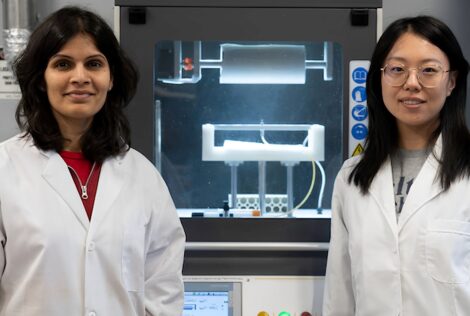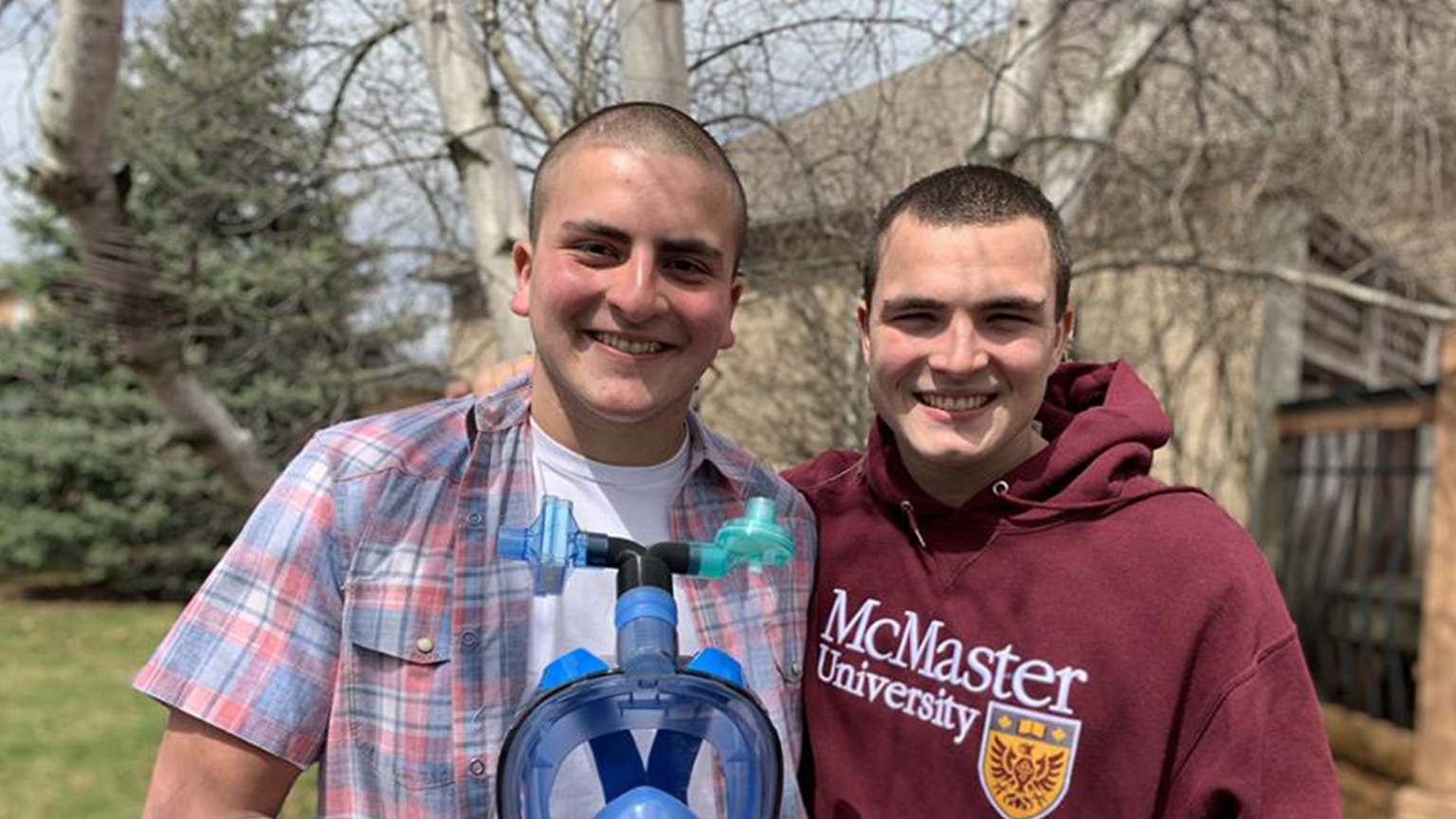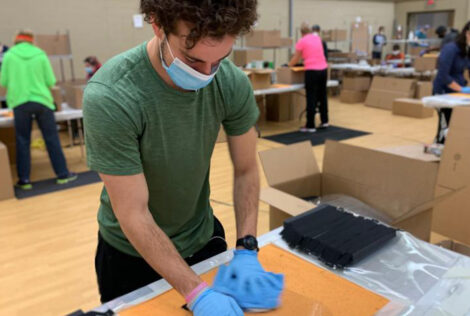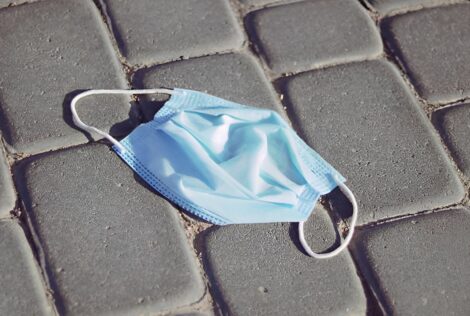

With the threat of personal protective equipment (PPE) shortages in the wake of the COVID-19 crisis, brothers, John and Matthew Milkovich were concerned about their parents who work in healthcare.
“We wanted to make sure my mom and dad would be safe,” explained Matthew, a high school student who will be entering the same Integrated Biomedical Engineering & Health Sciences (iBioMed) program as his brother next year.
Although their dad, an anesthesiologist and their mom, a nurse, are not currently working on the frontlines, they will be prepared if they do with the help of their sons’ innovation.
The brothers have been working steadily the past two weeks on a DIY PPE Respirator for healthcare workers, made from a snorkel mask, a 3D printed adapter and anesthesia filters. They are now on the verge of mass producing their design for hospitals in Hamilton and beyond.
A design that fell into place
“I found this cool looking snorkel mask from a trip to Croatia,” said John.
The snorkel mask provides a water tight seal around the entire face. With the help of their neighbour, who had a 3D printer, they produced a t-shaped piece that replaced the horn at the top of the mask where the airway is. The piece works as an adapter for two anesthesia filters, a substitute for N95 filters, supplied by their dad.
“It all kind of fell into place, just from all these pieces around us.”
According to John, all of the materials he sourced for the mask are readily available. He credits his iBioMed program for teaching him how to keep things simple with engineering design and he also recognizes his professors for their encouragement.
Since the t-shaped piece takes nine hours to print, Michelle MacDonald, co-director of the program, made space in iBioMed’s Design Studio to speed up the process.
“The door was always open so I felt comfortable enough to email [my professors] with this idea and they were nothing but supportive about it.”
Protecting healthcare workers in Hamilton and beyond
There are several hospitals in the Hamilton area that are now testing the design. The feedback has been positive so far and the brothers continue to receive email requests for the respirators from hospitals in New York, California, Georgia and Nunavut.
John and Matthew also wanted to ensure the design was available to anyone who wanted to make it themselves. They created a video showing how they made the mask and shared a link to the exact mask they used on Amazon, which costs around $40. John has offered to share the .stl file for printing the t-shaped adaptor through email.
John hopes his fellow McMaster students also find a creative outlet during this unprecedented time.
“If you have any ideas to help the world, don’t be afraid to go for them because this is a time right now when anything is really helpful and there’s no bad idea.”


